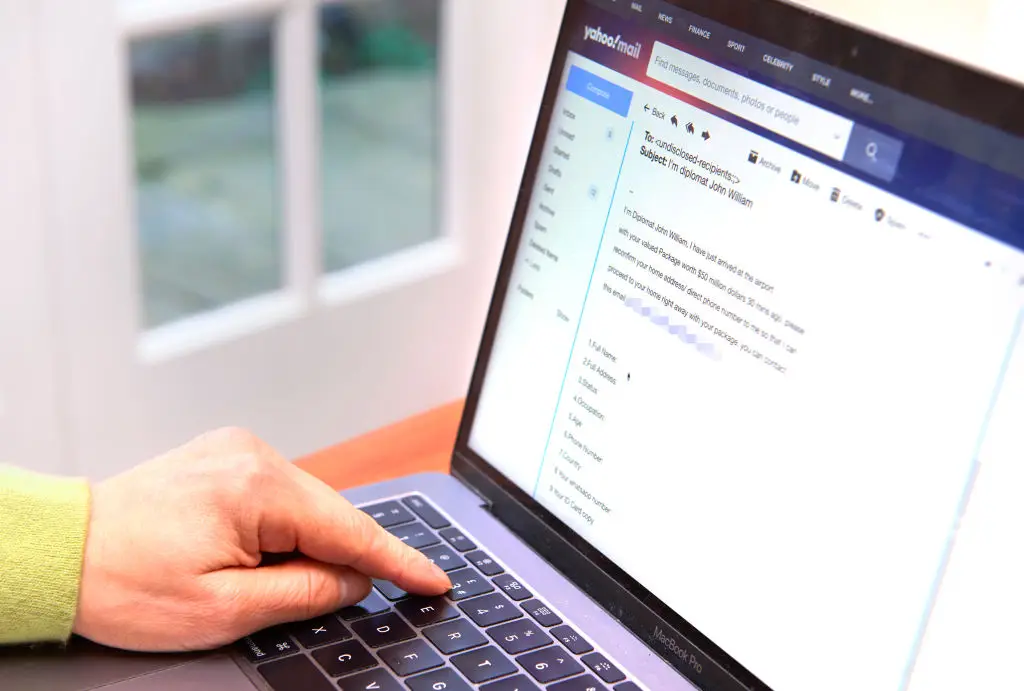
It has never been as hard as it is now to stay safe online, as 'sextortion' hackers and scammers are employing new tools and techniques to take your money from you.
Long gone are the days of scammers simply just saying they know who you are and where you live, as they're now far more capable of showing you - even if in actuality they know very little.
Hackers have previously been able to locate identities on the dark web, and you've been warned about three specific words that you might see in a text message scam, but this latest exploitation attempt might be the scariest yet.
Hackers are now able to use stolen Google Maps data in what is commonly referred to as the 'we know where you live' scam, requesting up to $2,000 (£1,579) in a scare that feels far closer to home than before.
Advert

As outlined by cybersecurity company Barracuda, criminals are now including images from Google Maps of the targets location, like their home or their work, to up the threat of the scam.
These details are obtained from data breaches, with the idea that being shown a picture of their location convinces more targeted individuals to pay the extortion fee.
Barracuda have identified similar lines that criminals are using in conjunction with these images, which you can use to spot a scam:
- See you here?
- Can you notice something here?
- Is this the right place to meet?
Criminals use these tactics to leverage personalization against the target, making them feel like they're being threatened more directly.

While previous extortion attempts would typically request the target to pay up a fee of around $500 in order to make the threats stop, they have since upped the price of 'freedom' to around $2,000 - often requesting that this is paid in Bitcoin.
What's more, they're also now including handy QR codes for quick and easy payment, as if the difficulty of the situation for the target was finding out how to pay.
While they might seem innately personalized, these emails are typically sent to thousands of targets at a time, bypassing spam filters through small variations and by using previously compromised high-value email addresses.
It's definitely something to keep an eye out for, as receiving such a specific and targeted email can understandably feel terrifying.
What Barracuda recommend you do to avoid this ranges includes engaging in security awareness training, ensuring that your system and browsers are up to date, using AI-based phishing protection, checking for compromised accounts, and proactively investigating your emails.
You can never be too sure when surfing the web, so always take the right steps to protect your online footprint.
